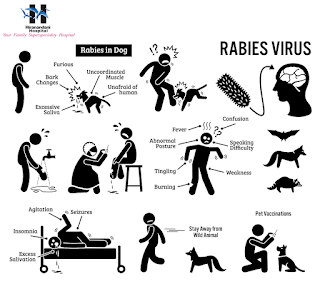What are some common gynecological problems and how to manage them?
Almost every woman will experience a gynecological ailment at some point in her life. The majority of cases are minor and manageable, but some can be severe and cause consequences, such as impacting fertility and even life quality. However, regular doctor visits and maintaining good health can help you avoid a variety of problems.
The following are some most common gynecological problems a woman has during her reproductive years.
- Dysmenorrhea
It's fairly typical to experience lower back discomfort or stomach pain during your period. However, some ladies have acute discomfort that interferes with their daily activities. When the uterus contracts strongly, the oxygen supply may be reduced, resulting in dysmenorrhea. It normally improves as you get older, especially after having a child.
- Endometriosis
Women get their period at the end of each menstrual cycle, which is the release of endometrium, or menstrual fluid, from the uterus. Endometrial tissue can also grow on the outside of the uterus, breaking apart and causing bleeding during your period.
Blood from the displaced tissue on the outside of the uterus may have nowhere to go, producing inflammation and swelling in the surrounding tissues. Inflammation can cause scar tissue to form, which can lead to lesions or growths.
While endometriosis treatment has changed throughout time, experts currently agree that if the symptoms are minimal, no treatment other than pain medication may be required, says Dr. Sujit Chatterjee CEO, Hiranandani Hospital.
- Ovarian Cysts
Ovarian cysts are available in a variety of sizes. Women can go their entire lives without even noticing they have ovarian cysts if they maintain a healthy lifestyle. Essentially, it is a fluid-filled sac that develops on and around the ovaries. These cysts could be tumors or not. They usually disintegrate on their own, but your doctor may give OCPs (oral contraceptive pills) to assist in the process. They should, however, be closely watched.
- PCOD (Polycystic Ovarian Disease)
PCOD is a condition in which the ovaries' follicles create cysts instead of eggs. As a result, the quantity of eggs produced is reduced, which might lead to reproductive concerns. It can also lead to sadness and mood changes.
- Infection of the Urinary Tract (UTI)
Bacteria cause urinary tract infections. Pregnancy, frequent intercourse, diabetes, and other factors can all contribute to this. Burning while urinating, abdominal cramps, and the need to urinate frequently are some of the symptoms.
- Fibroids in the uterus
Uterine fibroids are smooth muscle and tissue nodules that grow within the uterine wall. Although uterine fibroids aren't malignant, they can cause heavy or painful menstrual bleeding, frequent urination, and infertility. Until recently, the only option was a hysterectomy.
According to Hiranandani Hospital Powai News, doctors have now discovered that fibroids may not require any treatment beyond over-the-counter anti-inflammatory medicines or, in more severe circumstances, prescription drugs.
- Infections caused by yeast
Yeast infections in the vaginal area are a typical cause of vaginal discomfort. Three out of every four women will get a yeast infection at some point in their lives. Yeast infections are caused by an overabundance of yeast cells in the vaginal area. Pregnancy, uncontrolled diabetes, and the use of oral contraceptives or antibiotics are all common causes of yeast infections.
Perfumed feminine hygiene sprays, topical antibacterial treatments, and tight, poorly ventilated garments and underwear are among the other reasons. Most yeast infections may be treated with over-the-counter or prescription drugs, which is fortunate.



Comments
Post a Comment